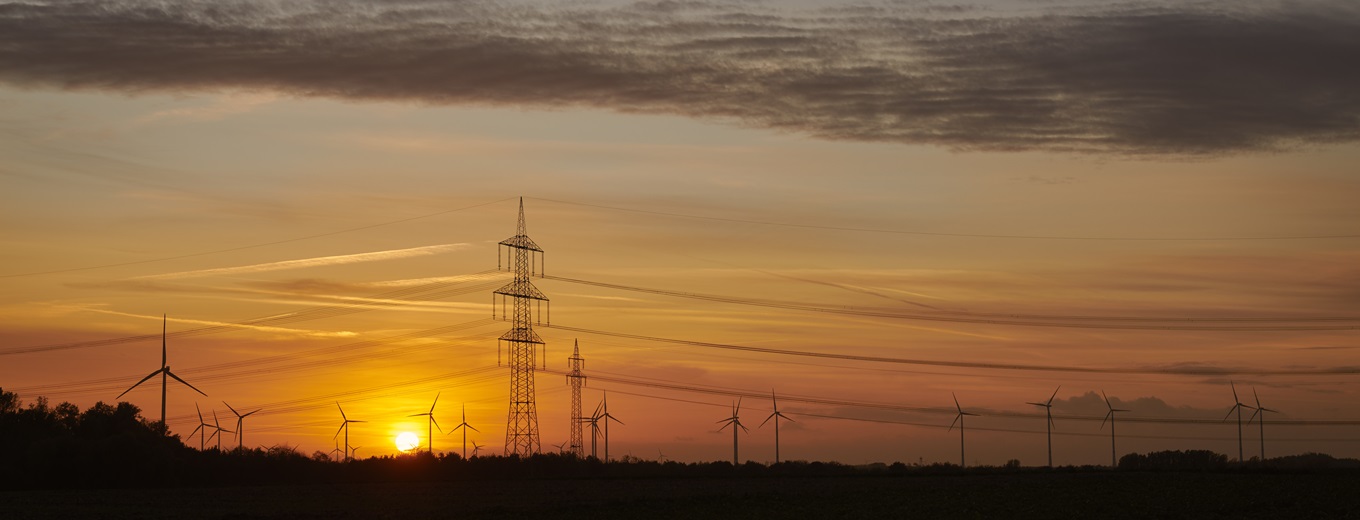Experts propose R&I actions, with emphasis on addressing critical raw materials supply, to ensure future European energy security and sort them by priority.
The European Commission has published a “Study on clean energy R&I opportunities to ensure European energy security by targeting challenges of distinct energy value chains for 2030 and beyond”. The Independent Expert Study identifies energy security components along clean energy technology value chains. It then proposes Research and Innovation (R&I) actions to either mitigate risk factors of the identified components to Europe’s energy security in the long run or to utilise opportunities in the sector.
The study identifies key drivers of change to energy security and then constructs three possible future scenarios for 2030 and 2050 by clustering possible changes in the drivers and the interactions they may have with each other. Furthermore, 48 chosen value chains across 17 technologies are then scored along 10 energy security indicators and combined with exacerbating factors of each of the three projected scenarios to produce a list of energy security risks that may materialise by 2050. By factoring in both the criticality of each energy security risk and the current strengths and weaknesses of the EU’s R&I sector with a SWOT-Analysis, the report ranks the possible R&I actions to take into four groups and thus creates an action plan ordered by priority.
Following the in-depth analysis outlined above, 30 actions to strengthen or maintain the EU’s energy security of clean energy value chains are listed in the study. An additional 31st is added as a targeted attempt to address the energy system in its entirety, without addressing a specific value chain. The actions on the final list are categorised into four priority groups. The group of highest priority consists of those energy criticalities identified as Weakness-Threat in the SWOT-Analysis and mostly addresses energy supply. This includes availability, security and abundance of Critical Raw Materials (CRMs), as well as supply chain resilience and location. Concerning the risks to the supply of CRMs, the action put forward involves research and investigation of public concerns on the mining thereof. Particularly, the availability and abundance of CRMs for three technology categories (energy transmission and distribution technologies, smart cities, and geothermal energy) are listed as a concern. The study recommends addressing CRM supply with R&I programmes dedicated to increasing recycling and reuse and by developing the sustainable production of alternatives to the current CRMs. Additionally, a call in Horizon Europe to develop a recycling scheme for CRMs involved in the production of geothermal energy is proposed. Furthermore, concerns over the supply chain resilience of hydrogen and the supply chains of batteries mainly being in counties outside of the EU, such as China, are also addressed with the proposal of two Horizon Europe calls looking for solutions. Critical for future energy security is also the location of solar photovoltaics’ manufacturing value chains. Thus, the creation of a Horizon Europe action focusing on providing onshoring options and increasing manufacturing efficiency is put forward. Another identified technology criticality is the future of energy storage. To this end the study suggests researching further possibilities for underground Compressed Air Energy Storage (CAES). Lastly, the group of highest priority includes the digital vulnerability exhibited by smart energy grid technologies. To address this cybersecurity risk, the proposal emphasises ongoing R&I programmes. The study particularly highlights the inclusion of research that ensures the maintaining of cybersecurity for legacy systems and keeps up with the evolution of threats in this area to inform regulations and standards on the matter.
While the above-mentioned priority group is presented as the most critical, the other three categories also outline actions for value chains of other energy sources. Among those addressed are bioenergy, advanced biofuels, hydropower and wind energy. Overall, the study provides a detailed R&I action plan over the identified critical value chains to approach the needed increase and protection of the EU’s energy security.

